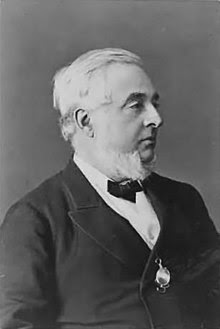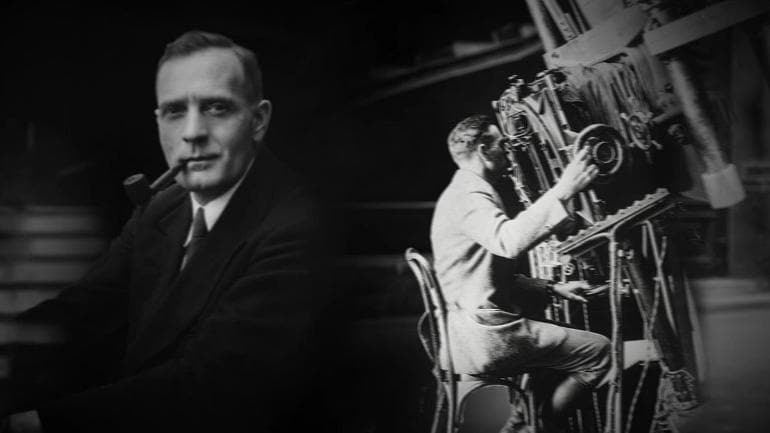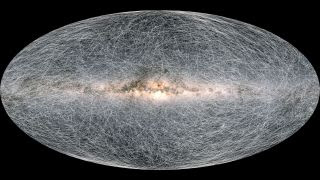1781 : Discovery of Uranus by William Herschell
1796-1798 : Theory of Pierre Simon de Laplace who believes that the solar system was formed in a nebula from the condensation of a cloud of gas and suggests the existence of celestial objects, later called black holes
1801 : Discovery of the first known asteroid, Ceres, by Giuseppe Piazzi
1805 : Demonstration that the sun is in motion in the galaxy by William Herschell
1846 : First observation of Neptune by Johann Gotfried Galle and Heinrich d’Arrest
1858 : Invention of the photoheliograph which allows to photograph the sun by Warren de la Rue
1859 : Discovery of the different rotation speeds of the sun, at the poles and at the equator, by Christopher Carrington
1877 : Discovery of the 2 satellites of Mars, Deimos and Phobos
1892 : Discovery of the 5th satellite of Jupiter, Amalthea, by Edward Barnard
1898: Discovery of the 8th satellite of Saturn, Phoebe, by William Pickering
1915: Discovery of the first star closest to the Sun, Proxima Centauri by Robert Ines
1918: First estimate of the diameter of the Milky Way by Harlow Shapley
1922 : Theory of the birth of the Universe from a dense expanding core by Alexander Friedmann

Edwin Hubble is a gold medalist of the Royal Astronomical
1929 : Confirmation that the Universe is expanding by Edwin Hubble
1930 : Big Bang theory by Georges Gamow
1930 : Discovery of Pluto by Clyde William Tombaugh
1948 : Discovery of the 5th moon of Uranus, Miranda, by Gerard Kuiper
1951 : Discovery of the spiral shape of the Milky Way by William Wilson Morgan
1990 : Commissioning of the Hubble telescope
2022 : Commissioning of the James Webb telescope to replace Hubble



Comment here